Trimmer capacitors are another old technology that might seem like its time has come and gone. Unlike most other kinds of capacitors, there only a few manufacturers, perhaps about a dozen in the world.
Trimmers have their problems, being mechanical devices they may be subject to wear, damage, contamination, microphonics, and unwanted readjustment. Cost is another problem. Trimmers can cost from <$.50 for plastic parts to the $100 range for sapphire. However, there are still plenty of applications in RF and microwave electronics.
Materials:
Air: K = 1.055 , values to about 30 pF. Very good temperature stability, as low as +-15 ppm/C. May not be good for vacuum applications due to possible corona at higher voltages.
Ceramic: Near C0G and even some temperature compensating types. Higher K ceramics give higher values but worse temperature stability.
Film: Teflon PTFE, polycarbonate (maybe), polyester, polyimide, polyphenylene sulfide, polyester. Teflon often used for high voltage.
Glass: To at least 250 pF.
Mica: Probably the first trimmer with values into the thousands of pF. They are very large compared to ceramics and I have never seen them sealed. May be only one manufacturer left.
Quartz:: To about 15 pF. K about 3.85 and very flat over a wide temperature range.
Sapphire: Low values only, up to about 8 pF. K about 9.3 or 11.5 depending on crystal orientation. Very stable properties to at least 10 GHz.
Special issues:
Nonmagnetic: Most people who who make trimmers make nonmagnetic trimmers for NMR applications.
Polarity: Some trimmers have a mark by the lead that should be the ground. I have never actually seen this.
Adjustment: Capacitance from the hand or metal adjustment screwdriver can throw the calibration off. Use a plastic or ceramic screwdriver, or a plastic driver with a tiny metal insert. Below are some ceramic-tipped screwdrivers for use with trimmers. These are high-end tools and you can find cheaper. The cheaper ones will be plastic with tiny metal inserts for the blades.
Contamination: Board coatings can cause a trimmer to fail. A drop of fingernail polish to lock-in the adjustment can cause the trimmer to fail. Use a sealed trimmer when possible.
A few companies that make trimmers:
The table below is from a collection of recommendations. Take it for what it's worth.

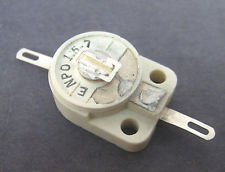
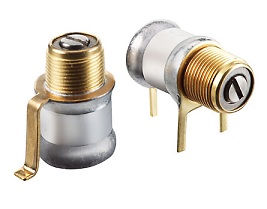
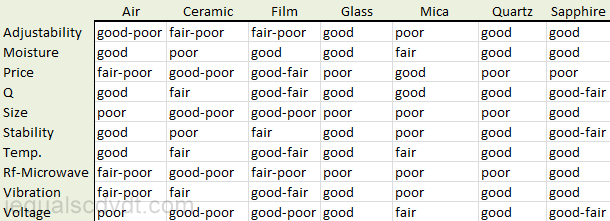
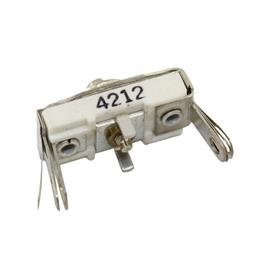
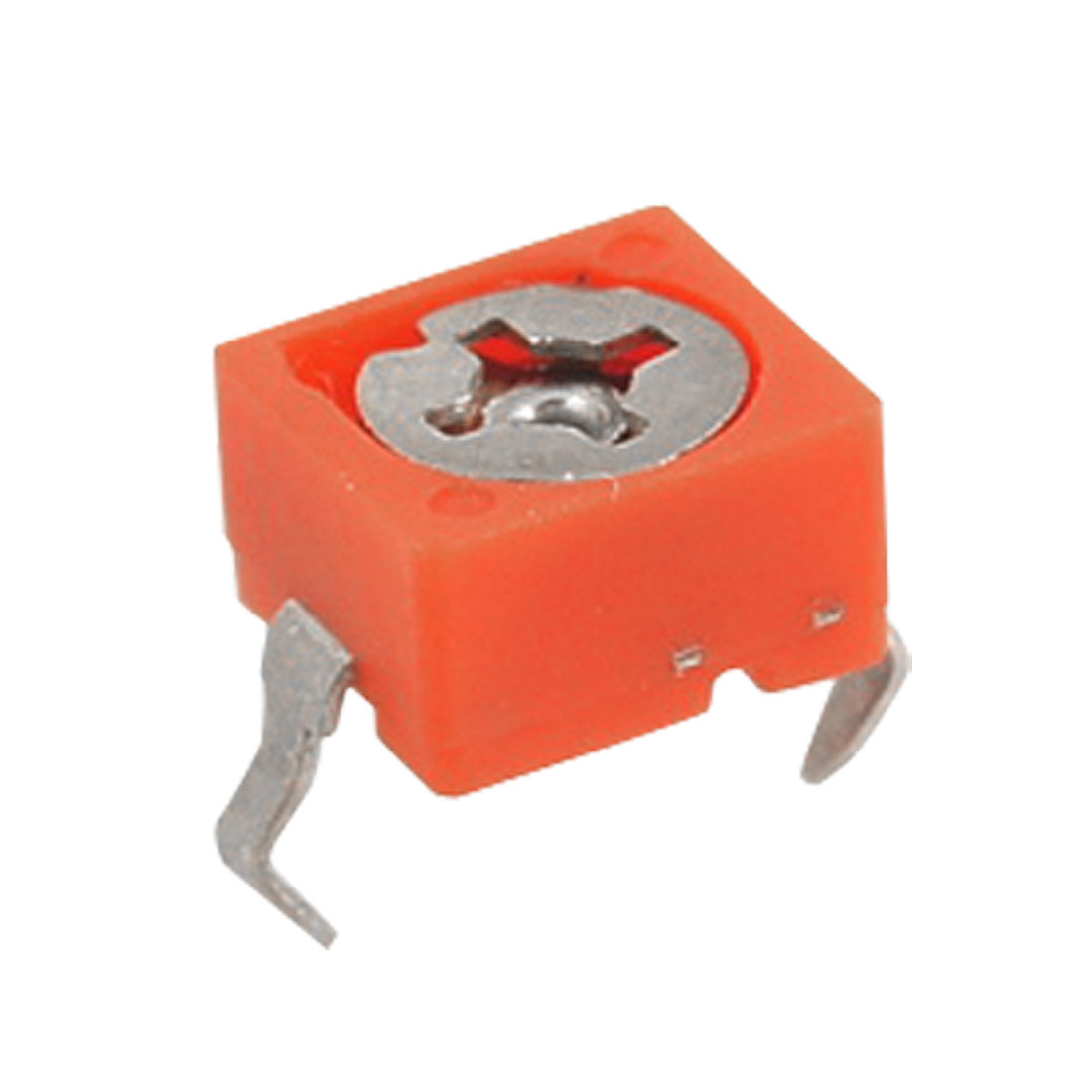
Sprague-Goodman: Sapphire, plastic, mica, quartz.
Voltronics: Ceramic, sapphire, quartz, glass, air.
Sanshin Electric: Seems to make at least some ceramics for Voltronics.
Temex: Sapphire, ceramic (including hermetic), air.
Johnson Mfg: Ceramic, sapphire, zirconia, air,
Arco: Can't find site at this time.
AVX: Ceramic, found at distributors but not on their site.





